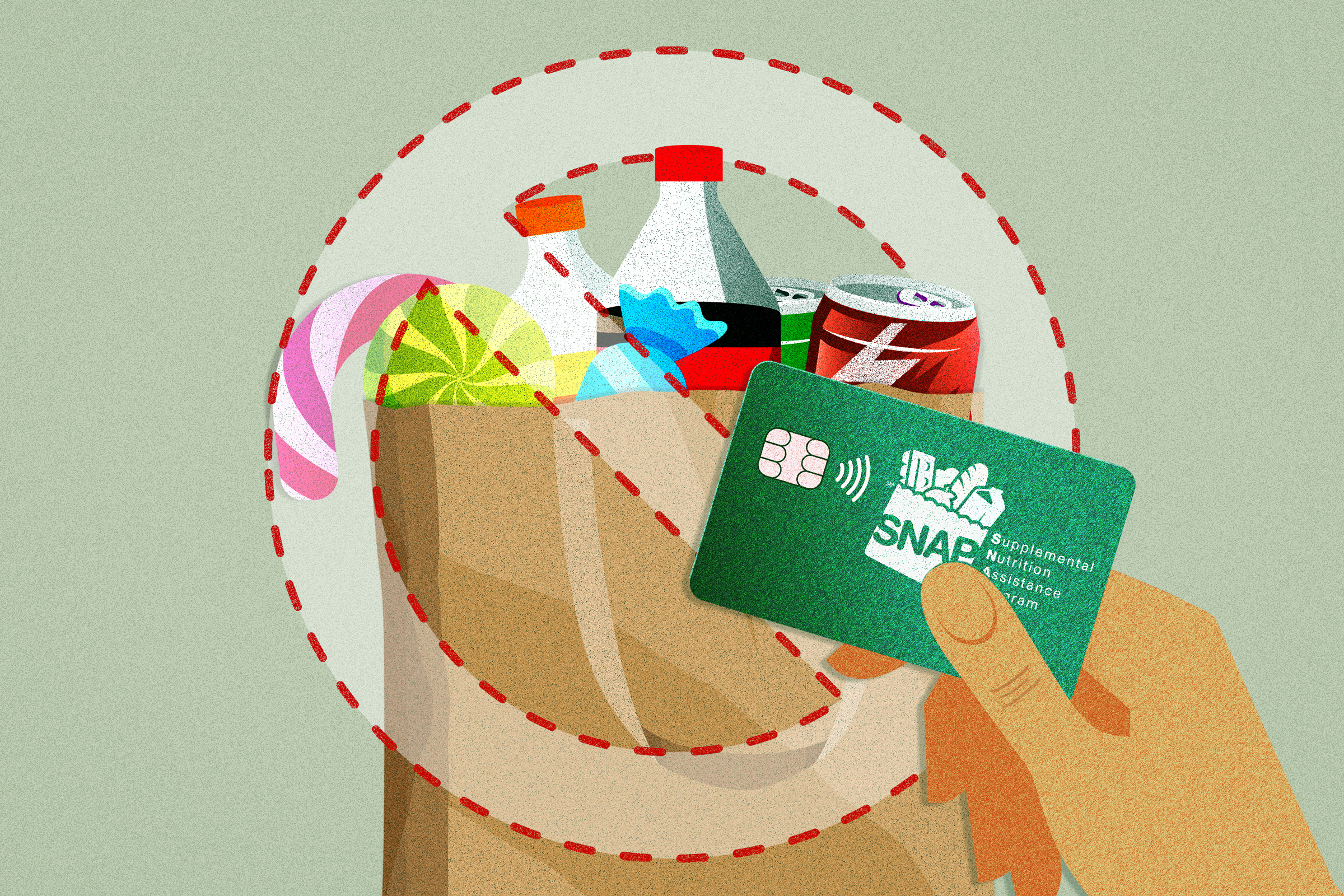INDIANAPOLIS—“It’s not food. It’s food-like substances.”
This is how Health Secretary Robert F. Kennedy Jr. described the many manufactured food products that are high in calories but low in nutritional value.

INDIANAPOLIS—“It’s not food. It’s food-like substances.”
This is how Health Secretary Robert F. Kennedy Jr. described the many manufactured food products that are high in calories but low in nutritional value.